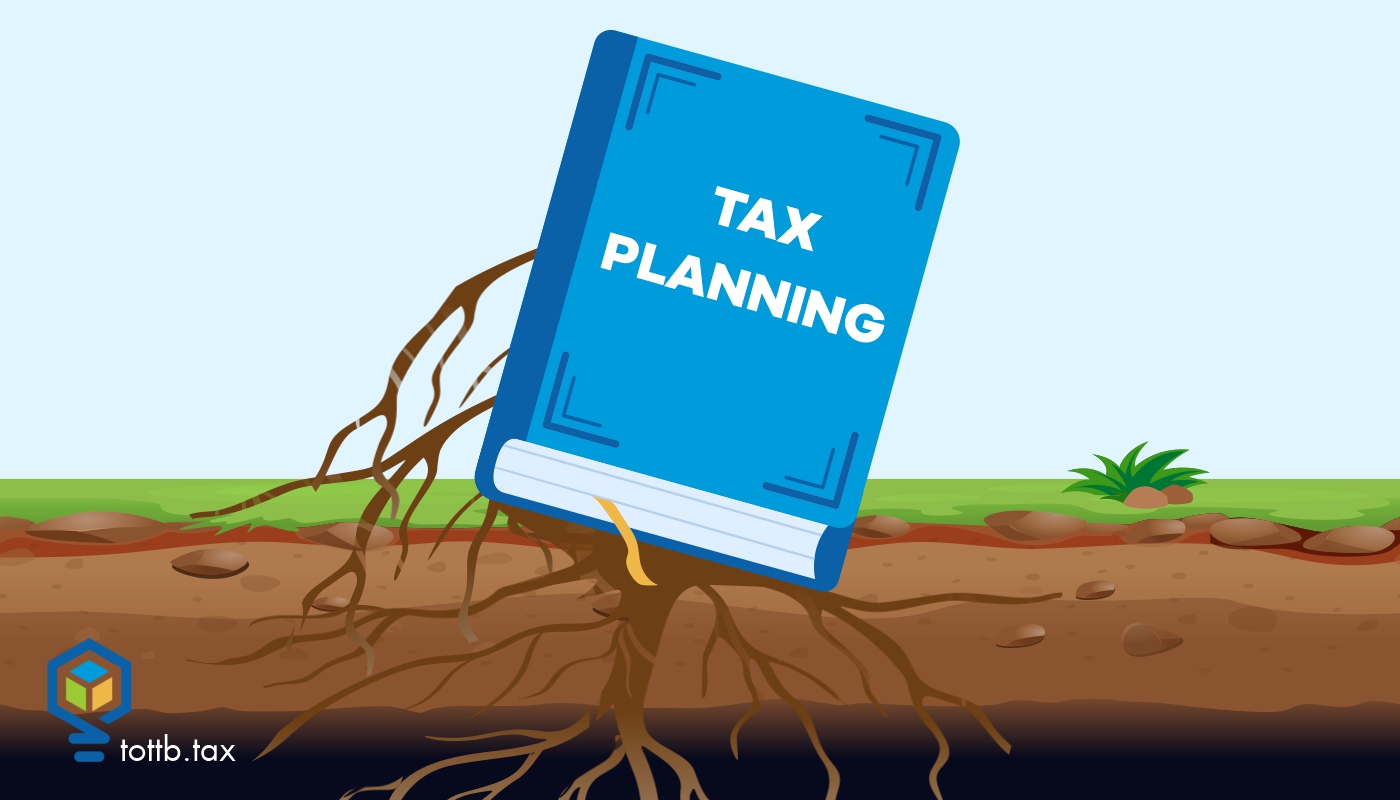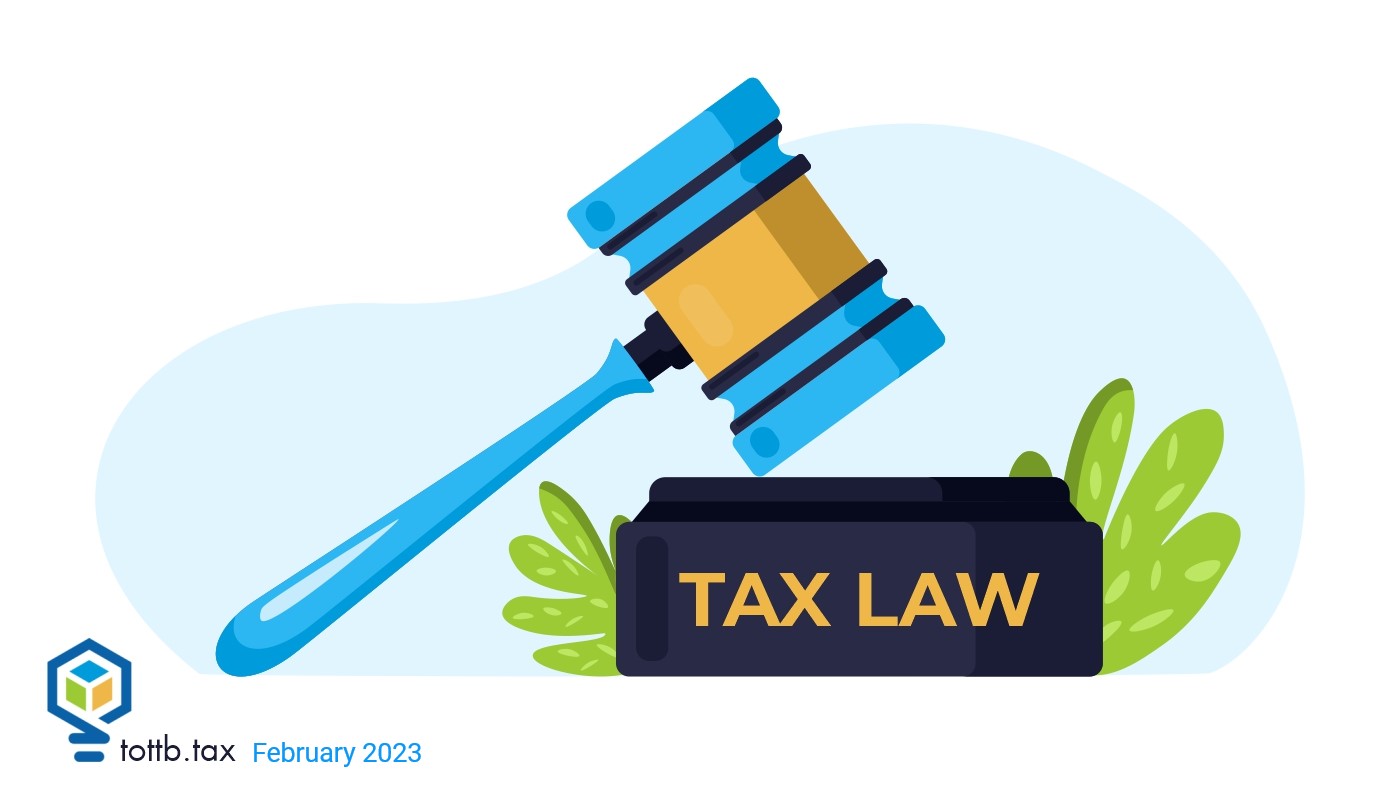ERC Rebellion: A CPA’s Toolkit for Dealing with Disregarded Advice
Question:
I have several long-term clients I’ve advised they didn’t qualify for ERC under the requirements. I’ve discovered over time that all three were sold by an ERC mill and filed amended tax returns to claim credits. What are the risks they will be audited and what are my responsibilities in representing them? Should I release them as clients because they didn’t listen to me?
Answer:
You know, the Employee Retention Credit (ERC) might sound like a pretty sweet deal, especially if your business took a hit during the pandemic. It's a tax break designed to help you out. But don’t be fooled. It's not as simple as it sounds. You need to know the ins and outs before you jump in.
Some new kids on the block, a bunch of specialist firms, are offering to help businesses claim this ERC. Unless you’ve been trapped in a cave (or under a pile of tax files) you’ve probably seen the mail, heard the commercials, clicked the ads.
They make it seem so easy, don’t they? Just let us take care of everything and ignore the rules. This is music to the ears of employers – especially if we’ve already told them based on the rules, they don’t qualify.
We want our clients to know they gotta be careful. These mills may promise you the moon and the stars, but the reality is, there's a pretty tight rule book on how and when you can claim the ERC. Misunderstanding these rules could mean you lose out on a potential $26,000 tax credit per employee. Worse, you could be tricked into claiming money you're not actually entitled to and end up with a nasty surprise later. And when you factor in the steep fees charged by these fly-by-nights, often up to 30% of promised refunds - there is a real risk of loss should these businesses lose their claims.
Read More













